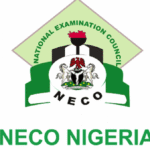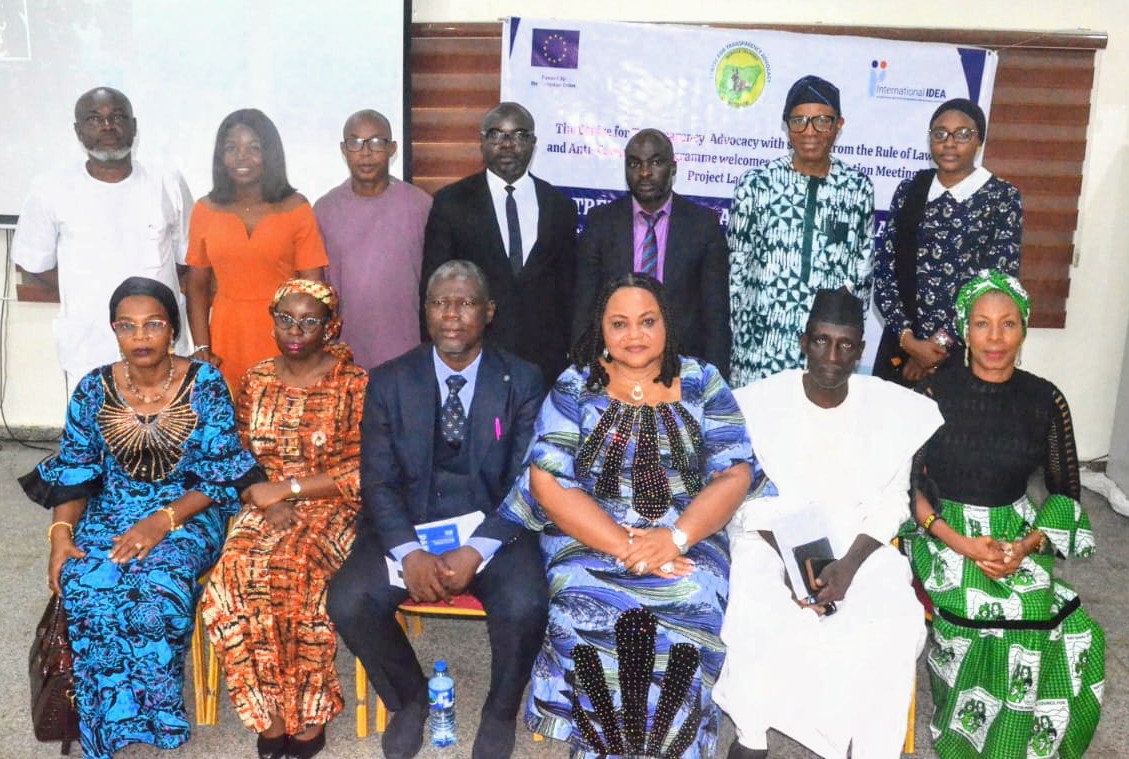CTA, NEITI urge stronger FOI Act to boost transparency
By Naomi Sharang The Centre for Transparency Advocacy (CTA) and the Nigeria Extractive Industries Transparency Initiative (NEITI) have called for stronger Freedom of Information (FOI) Act to boost transparency in Nigeria. The Freedom of Information (FoI) Act, enacted in 2011, is an Act to make public records and information moreContinue Reading













